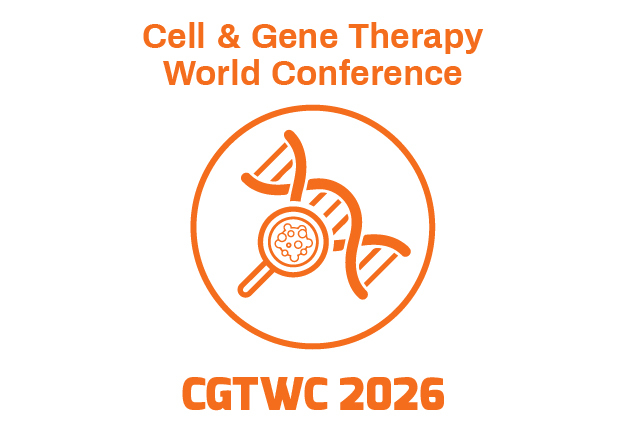Speakers - 2025

Fei Pan
Fei Pan
- Designation: School of Interdisciplinary Studies, Lingnan University
- Country: Hong Kong SAR, China
- Title: A High Throughput Microdroplet Based Single Cell Transfection Method for Gene Knockout Based on the CRISPR Cas9 System
Abstract
The successful application of the CRISPR/Cas9 gene-editing system relies heavily on precise and efficient intracellular gene delivery. However, traditional delivery methods, such as lipotransfection and non-viral approaches, face significant challenges, including low efficiency, high toxicity, and dependency on specific cell types. To address these limitations, we developed a high-throughput microdroplet-based single-cell transfection method, offering a novel and effective alternative for delivering genome-editing reagents into individual living cells.
This method enables precise control over the number of exogenous plasmids encapsulated in microdroplets, achieving high-efficiency nucleic acid delivery across various cell types. Here, we present a quantitative single-cell DNA transfection platform that explores optimal DNA delivery conditions for specific cell lines. By systematically evaluating transfection efficiency at different DNA concentrations in microdroplets, we identify optimal parameters that maximize delivery outcomes.
Under optimized conditions, our platform successfully constructs gene-knockout cancer cell lines, facilitating functional studies of specific genes using the CRISPR/Cas9 system. As a case study, we demonstrate that TRIM72 knockout cancer cells exhibit reduced migration capacity and decreased tumorigenicity in a zebrafish tumor model. Additionally, a custom-designed single-cell microfluidic chip enhances the efficiency of CRISPR/Cas9 delivery, overcoming challenges associated with difficult-to-transfect cells.
This research highlights the unique advantages of the microdroplet-based transfection method for advancing CRISPR/Cas9 gene-editing applications. By combining high precision, scalability, and broad applicability, our method provides a powerful tool for gene delivery and functional genomics in both research and therapeutic contexts.

